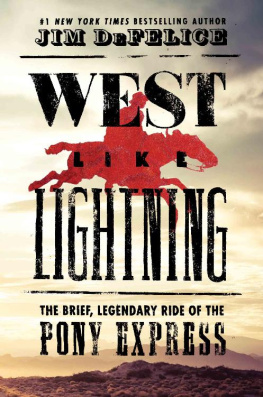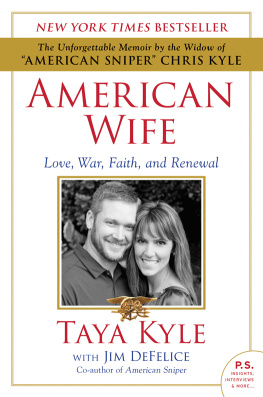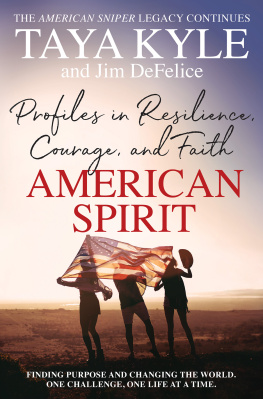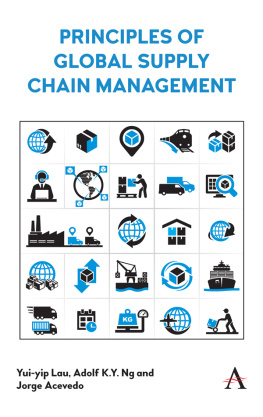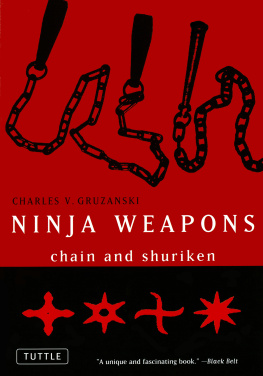Jim DeFelice - The iroh chain
Here you can read online Jim DeFelice - The iroh chain full text of the book (entire story) in english for free. Download pdf and epub, get meaning, cover and reviews about this ebook. genre: Adventure. Description of the work, (preface) as well as reviews are available. Best literature library LitArk.com created for fans of good reading and offers a wide selection of genres:
Romance novel
Science fiction
Adventure
Detective
Science
History
Home and family
Prose
Art
Politics
Computer
Non-fiction
Religion
Business
Children
Humor
Choose a favorite category and find really read worthwhile books. Enjoy immersion in the world of imagination, feel the emotions of the characters or learn something new for yourself, make an fascinating discovery.

- Book:The iroh chain
- Author:
- Genre:
- Rating:3 / 5
- Favourites:Add to favourites
- Your mark:
- 60
- 1
- 2
- 3
- 4
- 5
The iroh chain: summary, description and annotation
We offer to read an annotation, description, summary or preface (depends on what the author of the book "The iroh chain" wrote himself). If you haven't found the necessary information about the book — write in the comments, we will try to find it.
The iroh chain — read online for free the complete book (whole text) full work
Below is the text of the book, divided by pages. System saving the place of the last page read, allows you to conveniently read the book "The iroh chain" online for free, without having to search again every time where you left off. Put a bookmark, and you can go to the page where you finished reading at any time.
Font size:
Interval:
Bookmark:
Jim DeFelice
The iroh chain
Chapter One
June, 1777
You will honor me, sir, by raising your hands. You need not touch a particular cloud, but you will stretch in that direction or suffer the most dire consequences."
"And what consequences might those be?" harrumphed Claus van Clynne, settling his hands alongside his baggy russet coat as his gelding took a short, nervous pace to the side.
"I should not like to shoot you." The man locked his knees astride the gray-dappled horse blocking the path and flicked his coat back to reveal a well-polished flintlock pistol, cocked and aimed in the Dutchman's direction. "I must say, though, you would be an easy target, with so large a belly."
"Even the robbers take airs these days," complained van Clynne, who still made no movement to comply with the stranger's command.
Jake Gibbs, sitting on a black mare next to him, silently cursed his companion's obstinate nature. On the one hand, van Clynne's prickly sense of honor, not to mention his stubbornness, often proved valuable in difficult situations. On the other, it occasionally led him to annoy people at entirely the wrong moment, with difficult consequences.
"Claus," said Jake, holding his long arms out in a show of complying with the stranger's directions, "perhaps the gentleman wants to discuss the state of affairs in the countryside." He stretched his hands so high that his shoulders strained the rough gray-brown cloth of his coat.
"At gunpoint? I tell you sir, as a practitioner of the conversational arts, gunpowder makes for very poor grammar."
Jake smiled apologetically at the stranger, and moved his left hand down to shade against the late afternoon sun. The man had come upon them at the juncture of two narrow and extremely obscure lanes northeast of the old New York road in southern Westchester. Van Clynne's irritation was undoubtedly compounded by the fact that he had boasted a few minutes before that not more than three people in the entire province knew this shortcut to White Plains, and that he and Jake were as likely to meet an African unicorn as a criminal.
The country here was euphemistically known as the Neutral Ground, meaning that in addition to being patrolled by both American and British forces, robbers and thieves felt any traveler was fair game. Which specific category the stranger fell into remained to be seen, but was in certain important senses irrelevant.
"We are merely travelers like yourself," said Jake smoothly, easing his hands down. He brushed a piece of dust from his brown breeches to emphasize his nonchalance, and kept his tone as calm and friendly as if a baker had happened upon him and asked if he wanted bread on the morrow. "Were you waiting for someone?"
Jake guessed from the stranger's handsome pistol and horse, as well as his aristocratic manner and clothes-not fine, but fresh and unstained, which was the significance that he was allied to the British; generally the people with money here chose the king's side of the conflict. But this was not necessarily inevitable, and while the man was obviously waiting for some confederate whose identity was unknown to him, there were a thousand explanations possible.
And no time to hear any of them? the faint click of hoof beats sounded in the distance, and Jake realized there was as good a chance as not their interlocutor might decide to shoot them when he learned they were not his appointed guests.
"I will ask the questions," said the man. "Who are you seeking?"
"We don't seek anyone," said Jake. "We have concluded a piece of business in New York, and now are traveling toward some friends."
"You are rebels, then," said the stranger, who by using the word rebel as good as told Jake that he was loyal to King George.
"By whose definition are we rebels?" asked van Clynne indignantly. His loud voice drew the stranger's attention and momentarily loosened his aim.
God, thought Jake as he slid forward on his horse, grabbing the pistol hooked into the front of his saddle in the same motion, I've been with the Dutchman so long I actually know what he's thinking.
However frightening that was and the reader would have had to spend a solid week listening to van Clynne's complaints to truly appreciate the fear it was not an emotion the patriot spy dwelled upon. The weapon in Jake's holster was kept loaded and ready; a smooth, simple gun without ornamentation, it was nonetheless accurate and deadly, even when fired from its sling. It could not actually be called sweet, as its kick was surprisingly heavy for its size. But this heaviness was in direct proportion to the speed and power of the round ball it discharged a ball that struck the stranger square in the throat.
The jolt of a gun being fired so close to her head was too much for Jake's mare. The poor beast bolted down the road as if the devil himself were after her.
The patriot spy, off balance, fell to the side, an arm just missing a good smack from the horse's foreleg. Jake's six-foot-two frame twisted across the back and side of the animal, desperately trying to adhere, while his long hair flew madly above, a guardian angel suddenly jostled from its post
The horse's speed had been an asset earlier in the day as Jake and van Clynne rode north through East Chester, dodging British patrols and outposts. Now it was a distinct liability. The animal followed the winding roadway, dodging and cutting back with its curves as Jake swam against the wind and the mare's momentum to bring her under control.
The patriot had never been reckoned a horseman in his youth his priorities were elsewhere but he had acquired a certain proficiency during the last two years of war. That and his natural strength won out in the end. When the mare felt the strong hands once more pulling evenly on her reins, she began to calm. They had traveled more than a quarter mile in her madness, but Jake's only new injury seemed to be the loss of the ribbon that tied his hair into a ponytail his tricornered hat had been lost nearly a week before.
As for old injuries, both his shoulder and knee vied for attention. They had been hurt the previous day in New York City, and thus warranted some indulgence he rubbed both before setting back up the road to see where van Clynne was.
As it happened, the Dutchman was not far from where Jake had left him, though under somewhat different circumstances: He found himself in the middle of an altogether uncomfortable parlay with two horsemen who had galloped up from the rear and ordered him to dismount.
"I thank God for your arrival," said van Clynne, "for otherwise I should be as dead as my friend." His attitude was in remarkable contrast to his previous manner; he practically bolted from his animal and made a great show of being agreeable.
There is nothing so agreeable as a Dutchman being agreeable.
Van Clynne took off his large, Quaker-style beaver hat and twirled it around in sympathetic gestures as he praised the two horsemen. Each was equipped with a heavy musket, a deadly weapon, granted, but not terribly accurate from the back of a horse. The Dutchman took no obvious notice of this drawback, praising both as timely saviors. He bowed and scraped until even the king of Araby would have been impressed.
"A tall man, obviously a villain, ambushed us and demanded our money," said van Clynne when he finally decided he had sweetened the dough enough to insert a piece of meat. "My brave friend resisted and now we see the sad consequence of valuing gold above all else." Frowning, one of the gunmen jumped down to inspect the prostrate body. "It's Johnson," he said to his companion. "Johnson, yes," said van Clynne. "A fine man. Noble and of a philosophical nature. A great loss." The man on horseback deepened his frown. "How do we know you didn't kill him?"
Font size:
Interval:
Bookmark:
Similar books «The iroh chain»
Look at similar books to The iroh chain. We have selected literature similar in name and meaning in the hope of providing readers with more options to find new, interesting, not yet read works.
Discussion, reviews of the book The iroh chain and just readers' own opinions. Leave your comments, write what you think about the work, its meaning or the main characters. Specify what exactly you liked and what you didn't like, and why you think so.


